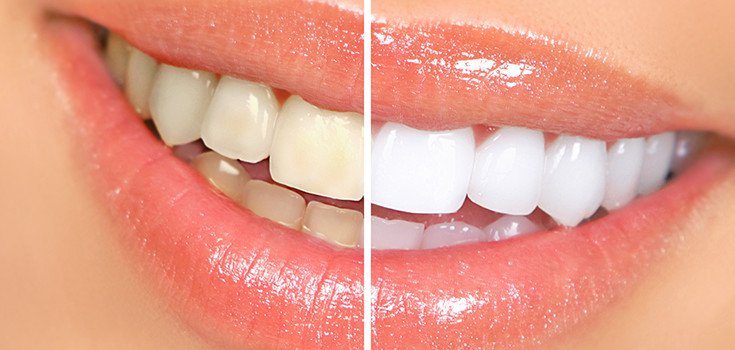Dental Health Week
 Dental Health Week, which this year runs from 7 to 13 August, is the Australian Dental Association’s major annual oral health promotion event. It aims to educate Australians about the importance of maintaining good oral health in every aspect of their lives.
Dental Health Week, which this year runs from 7 to 13 August, is the Australian Dental Association’s major annual oral health promotion event. It aims to educate Australians about the importance of maintaining good oral health in every aspect of their lives.
Dental Health Week has three main objectives:
- Promote oral health education and awareness in the general community.
- Motivate and educate dental professionals to promote oral health.
- Encourage ongoing collaboration within the dental profession.
This year, the theme of Dental Health Week is ‘oral health for busy lives’. This week aims to help people understand and appreciate that regardless of their individual life circumstances and how busy they are, caring for teeth and gums can be done. Care for teeth and gums may be seen as optional and something extra to do, and can be forgotten if more urgent tasks arise. However, caring for teeth and gums is vital. This week, the Australian Dental Association encourages people to take time to brush and floss their teeth properly, and to make booking an appointment with your dentist a priority.
Many people think that it’s perfectly normal for their gums to bleed when they brush or floss. But, of course, it’s not. Bleeding is usually a sign that something untoward has happened to your body. Bleeding gums are a sign that your gums are inflamed due to disease-causing bacteria. Ignoring bleeding which results from brushing and flossing means you stand a real risk of developing a serious form of gum disease.
The two main stages of gum disease are gingivitis and periodontitis.
Gingivitis is an early form of gum disease that occurs when dental plaque (the bacterial film that covers the surfaces of your mouth) builds up on your teeth, particularly where the gum and tooth meet. When this happens, your gums may appear red, swollen, feel extra sensitive, and bleed easily. Fortunately, gingivitis doesn’t lead to a loss of the bone and tissue that hold your teeth in place and can be reversed with twice daily brushing and flossing, as well as regular professional cleaning by your dentist or dental hygienist.
Ignoring the bleeding caused by gingivitis could lead to the more serious form of gum disease periodontitis. The reason this disease is so serious is that it causes your gums to pull away from your teeth, forming spaces (known as ‘pockets’) that can easily become infected. Naturally your body’s immune system fights the infection, but this response and the bacterial toxins generated by the infection combine to create a toxic brew that breaks down the bone and tissue that hold your teeth in place and, in severe cases, can lead to their removal.
In addition to plaque, which is largely responsible for the development of gum disease, the health of your gums can also be affected by:
- smoking and tobacco use
- genetic predisposition
- systemic diseases like diabetes and arthritis
- stress and poor nutrition
- hormonal fluctuations (e.g. those experienced during puberty, pregnancy, menstruation and menopause).
Dental Health Week is the perfect time to think about to how you brush your teeth. Most people do not think much about how they brush their teeth, apart from squirting on some toothpaste and scrubbing back and forth. But as your dentist will tell you, how you brush your teeth matters a great deal. That’s because brushing plays a critical role in removing the plaque that can cause tooth decay and gum disease. You’ve probably heard that message a thousand times, but there’s a good chance you’re not brushing correctly or as frequently as you should. How often you brush, how long you brush for, the kind of technique and toothbrush you use all have a major impact on the effectiveness of your brushing. For example, did you know that you should be brushing for a minimum of two minutes, twice a day? Most people don’t come close to brushing for that long and often brush their teeth quickly and distractedly, in the middle of many other pressing tasks. Talk to your dentist if you have any questions on proper brushing technique, or if you are unsure about the best toothbrush for you.
Some medicines have side effects such as dry mouth that can affect oral health. As medicine experts our pharmacists can provide advice on how to manage these side effects. At Fresh Therapeutics we stock products to help people living with dental and oral hygiene issues, and we provide advice on these products. We also compound specialised mouthwashes prescribed by doctors and dentists.
In addition, as a member of the Pharmaceutical Society of Australia Self Care Program we have Fact Cards available that include titles such as Dry mouth, Mouth ulcers, Oral health and Menopause.
Come to Fresh Therapeutics for more advice and service about preventing tooth and gum disease.
Acknowledgement: Pharmaceutical Society of Australia Self Care Health Column

